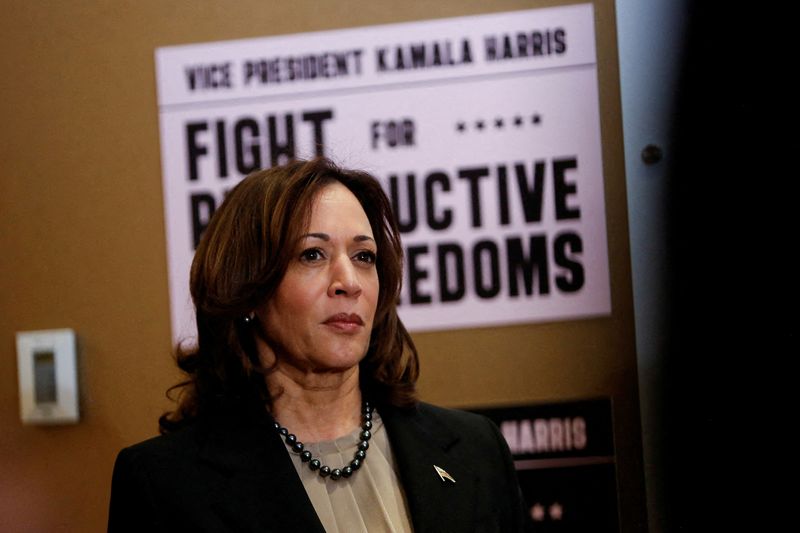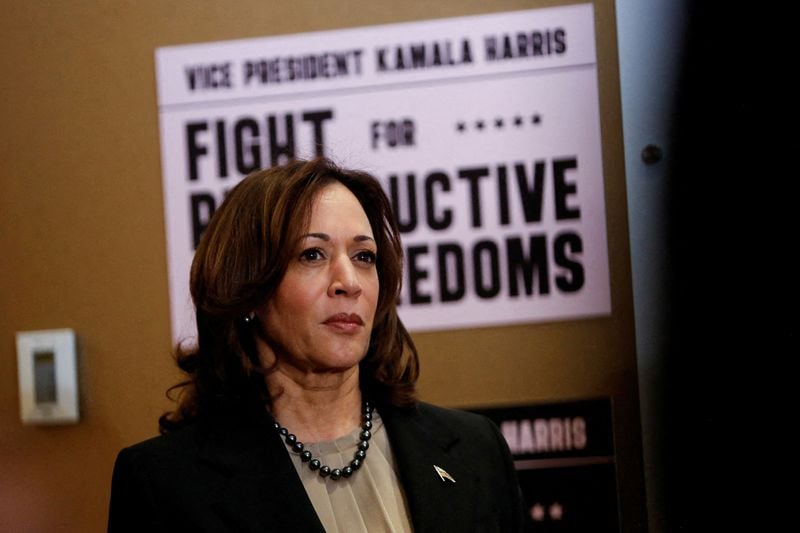
Analysis: Evaluating Kamala Harris’s Role as “Border Czar” and Its Impact on U.S. Immigration
Since being designated as the “border czar” in March 2021, Vice President Kamala Harris has faced significant scrutiny over her handling of U.S. border issues. Critics argue that her efforts to reverse former President Trump’s policies have led to increased illegal border crossings and challenges in managing migration effectively.
In her first 100 days, the Harris-Biden administration took numerous executive actions to dismantle many measures from the Trump era, which were seen as successful by some for securing the border. The changes aimed to undo policies that the current administration considered harsh or ineffective but have been criticized for possibly exacerbating the situation at the southern border.
Statistics indicate a sharp increase in illegal border crossings in April 2021, the first full month after Harris assumed her role. Crossings surged to 178,795, a 128% increase from the 78,414 recorded in the month she took office. The number of illegal crossings has remained high, nearly doubling the monthly averages during Trump’s presidency, which hovered around 50,000.
Additionally, there has been a notable rise in the number of individuals released into the country, escalating from two-digit to five- and six-digit monthly releases, a point of contention among those who argue this approach could strain resources and impact local communities.
Vice President Harris has also supported policies aimed at a more humanitarian approach towards migrants, including decriminalizing illegal border crossings, opposing the criminal treatment of illegal aliens, and advocating for taxpayer-funded health benefits for them. Her comparisons of ICE to historical negatives and calls to restructure the agency have sparked further debate on her stance and effectiveness in managing border security and immigration.
Critics also highlight Harris’s limited visits to the border, suggesting a lack of direct engagement with the ongoing crisis. Her approach and the subsequent rise in border crossings and releases have fueled arguments that the current administration’s policies might be inviting more illegal migration, rather than controlling it.
As the debate continues, with potential political implications for future elections, the effectiveness of the Harris-led border strategy remains a pivotal issue in American politics, scrutinized for its impact on both immigration policy and broader national security concerns.

